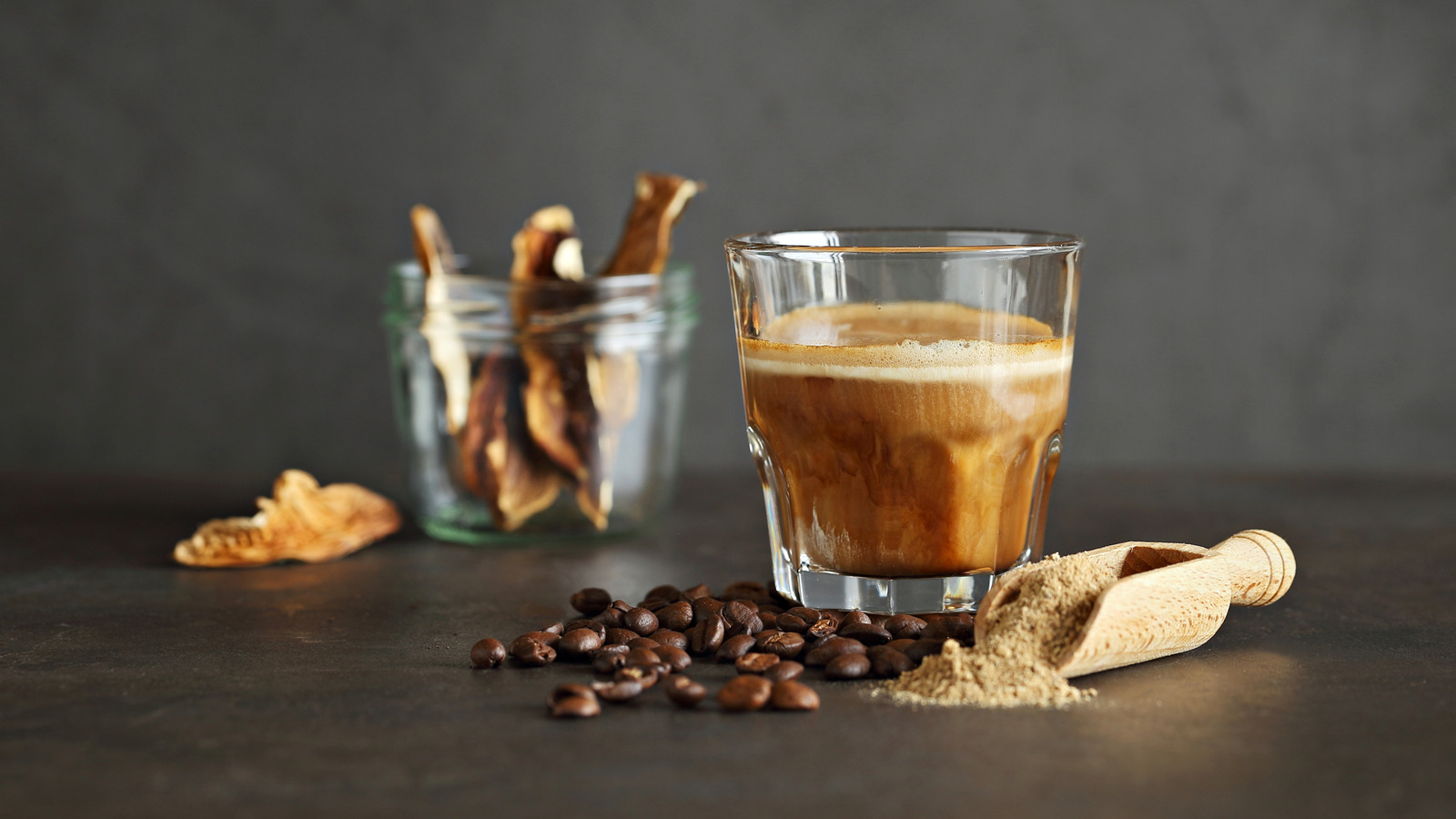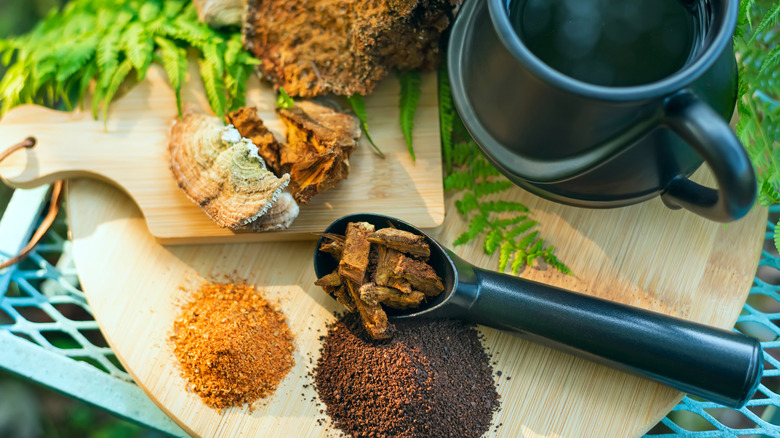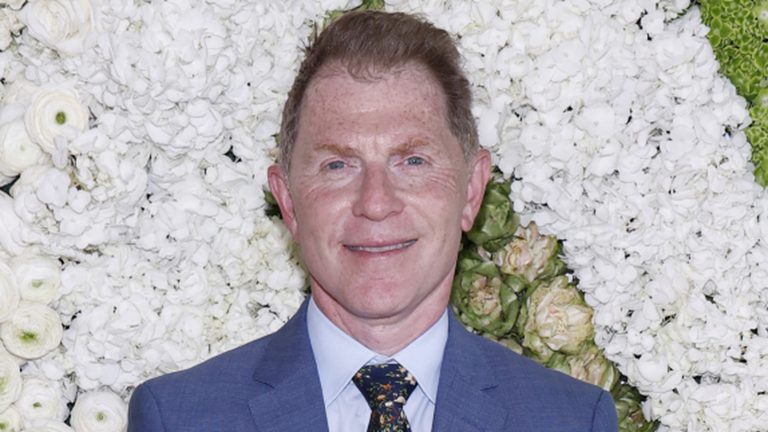The hunt for viable alternatives to coffee has been long standing, with the booming integration of caffeinated drinks like matcha across establishments beginning in the early 2000s, really shooting off in the United States around 2015. The purported benefits of matcha as an alternative to coffee primarily have to do with a more sustained, smooth energy boost as opposed to coffee’s tendency to spike anxiety in many drinkers, which is why the hunt for natural drinks that give you the same boost as coffee is undying. If you like the flavor of coffee but not the way it impacts you, the virality of mushroom coffee may be for you.
Promoted as a coffee alternative whilst keeping the general taste — these alternatives contain on average, about half as much caffeine as a standard cup of coffee. Flavor and energy, of course, dramatically vary depending on blend and brand. With the sheer amount of variation, it can be hard to know where to begin. Thankfully, for our readers, we already went through and ranked mushroom coffee brands from worst to best. These variables aside, the main issue with mushroom coffee is the fact that it may be an “alternative” option, but it isn’t truly a suitable replacement, in the sense that all cups are not created equal.
If you were to drink two to three cups of coffee a day, based on grams of caffeine alone you’d need to be drinking at least four to six cups of mushroom coffee in order to sustain the same amount of energy. Additionally, as the craze is still generally new on the popular market, there isn’t enough conclusive research on humans as to whether or not the purported health benefits of these blends can actually assist the build up of immunity as advertised.
Health benefits, though nice in theory, are hard to prove
Part of the excitement around this new energizing beverage option is the fact that mushrooms are known to have many positive health and immunity benefits. This product also ties into conversations about the difference between natural and synthetic forms of caffeine, specifically in the ways either impact the body.
Functional caffeine is hard sought-after these days. A coffee replacement that offers immunity and health benefits? Get us involved. The supposed benefits of mushroom coffee include reduction of stress, thus supporting a sound immune system and sleep schedule. Considering its purported “adaptogenic” qualities are a primary selling point, it’s important to note that there may not actually be enough of a dose to cement the supposed health benefits it claims to provide.
The issue is, though trials have proven hopeful, the results are not propped up by enough tangible proof to corroborate their impact. Additionally, this coffee mushroom concoction, though originally designed to ease complaints about caffeine’s negative impact on the gastrointestinal system, may actually cause another series of issues. Many of these viral coffee mushroom drinks happen to contain a high percentage of “oxalates,” which are most common in chaga mushroom varietals among others, ultimately raising the risk of kidney stones. This isn’t to say that there’s no way the mushroom supplement alongside your coffee won’t cause any positive impact — it very well might. Though the issue is you’re replacing your morning brew with a cup half as effective, one that may not actually be potent enough to inflict the supposed benefits. In that case, it may just make more sense to skip the price tag, go for a half-caff in the morning, and eat your daily dose of mushrooms with your lunch instead.






